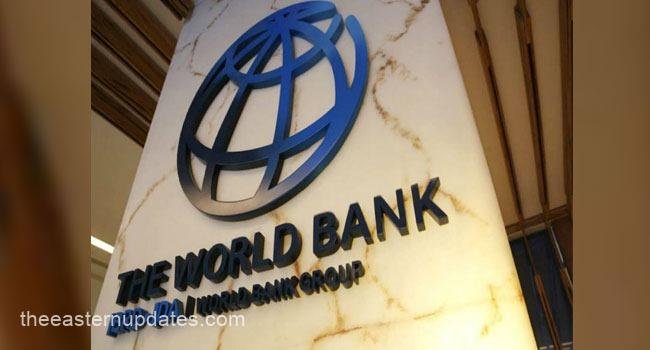A wave of reactions has trailed the recent World Bank report which revealed that 139 million Nigerians are now living in poverty, an increase of 10 million compared to previous data. Many citizens say the statistics are not surprising, arguing that the report mirrors the economic hardship confronting millions across the country.
On social media, Nigerians expressed frustration over what they described as worsening living conditions marked by skyrocketing food prices, high fuel costs, unreliable power supply, and general insecurity. For many, the World Bank’s findings only confirm the struggles they face daily.
While the federal government has rejected the report, dismissing it as inaccurate, many citizens believe the denial follows a familiar pattern of ignoring inconvenient truths from international institutions.
An X user, @kingsle54272009, wrote, “The federal government will never accept this from the World Bank. The next step will be to instruct data analysts to claim it’s false. Just wait until this evening to see what I mean.” Hours later, the government indeed issued a rebuttal.
Another user, @Smartakukoma, criticized both the World Bank and the government, saying, “Tomorrow you’ll announce that Nigeria’s economy has surged under Tinubu, then say reforms are yielding results, only to come back later with another poverty report. It’s all contradictions. And when confronted, the government will say, ‘There are poor people in the US too.’”
Read Also:
- Akpabio’s aide tasks Nigerians on constitution amendment
- Shettima seeks the safeguarding of Dangote’s investments by Nigerians
- Independence Day: Northern minorities group hails Tinubu, urges Nigerians to remain united
Others accused the administration of ignoring feedback from reputable financial institutions instead of using such reports to improve governance. “The IMF has said the reforms aren’t working and they rejected that too,” wrote @pearlywhitegem. “Now the World Bank says poverty is rising, and they’re still denying it. Will they only agree when Nigerians start scavenging in dumpsters?”
In a swift reaction, the Presidency, through the President’s Special Adviser on Media and Publicity, Sunday Dare, dismissed the World Bank’s figures. Writing on his X account, Dare noted that while Nigeria values its long-standing relationship with the World Bank, the figures cited in the report “require proper context.”
The World Bank’s report, which paints a grim picture of economic inequality in Africa’s largest economy, has reignited debate about the effectiveness of ongoing reforms and the true state of living conditions in the country.






